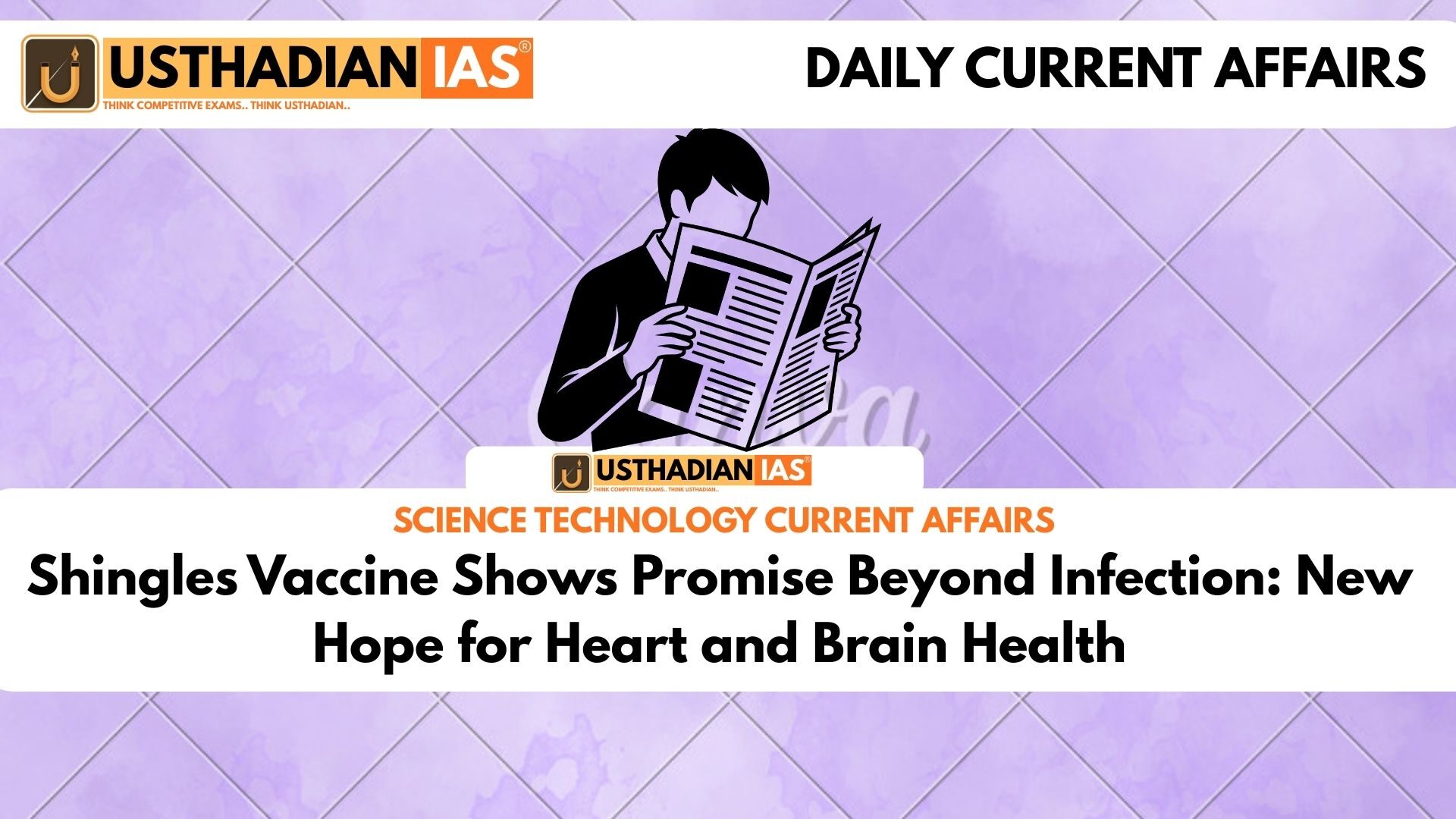A Dormant Virus and a New Breakthrough
Shingles Vaccine Shows Promise Beyond Infection: New Hope for Heart and Brain Health: The varicella-zoster virus, best known for causing chickenpox in childhood, often remains hidden in nerve tissues even after recovery. When immunity declines in later years, it reactivates as shingles, causing painful rashes and nerve damage. However, new global research now shows that the shingles vaccine may do more than prevent infection—it could also reduce heart disease risk by 23% and potentially lower the chance of developing dementia.
Understanding Shingles and Its Impact
Shingles is triggered by the dormant chickenpox virus when immunity weakens due to age or illness. It causes painful blisters along nerves, often leaving behind chronic nerve pain known as postherpetic neuralgia. In severe cases, shingles can spread to the eyes or brain, causing vision loss, paralysis, or encephalitis, posing serious health threats to the elderly and immunocompromised individuals.
Heart and Brain Protection Through Vaccination
Recent studies highlight the link between viral reactivation and inflammation, which can worsen cardiovascular and brain health. People vaccinated against shingles show notable reductions in stroke, heart attacks, and early signs of cognitive decline. Researchers believe that preventing viral flare-ups through vaccination helps reduce prolonged inflammation—a key factor in both heart and brain disorders.
Who Should Take the Vaccine?
Health authorities like the WHO recommend Shingrix, a recombinant shingles vaccine, for adults aged 50 and above. It’s also recommended for younger individuals with weakened immune systems such as HIV patients, cancer survivors, and transplant recipients. Although shingles isn’t directly contagious, those who’ve never had chickenpox can contract the virus through contact with shingles rashes.
A Dual Benefit for India’s Ageing Population
With a rapidly ageing population and a rising burden of non-communicable diseases, India stands to gain significantly from wider shingles vaccination. Beyond easing individual suffering, broader vaccine access could help reduce national rates of dementia and cardiovascular illness. Awareness, affordability, and public health inclusion will be key to unlocking these health benefits for millions.
STATIC GK SNAPSHOT
| Aspect | Details |
| Virus Name | Varicella-Zoster Virus |
| Diseases Caused | Chickenpox (initial), Shingles (reactivation) |
| Key Vaccine | Shingrix (recombinant vaccine) |
| WHO Recommendation Age | 50+ years and immunocompromised individuals |
| Transmission Method | Contact with shingles blisters or airborne droplets |
| Key Symptoms | Rash, neuralgia, vision loss (in advanced cases) |
| Related Conditions | Dementia, Cardiovascular diseases |
| Vaccine Health Benefits | 23% reduction in heart disease, lower dementia risk |








